Η επιχειρηματικότητα είναι κινητήριος δύναμη για μια οικονομία. Ο πλούτος και η πλειοψηφία των θέσεων εργασίας είναι αποτέλεσμα μικρών επιχειρήσεων, δημιούργημα επιχειρηματικά σκεπτόμενων ιδιωτών, πολλοί από τους οποίους συνεχίζουν δημιουργώντας ακόμα μεγαλύτερες επιχειρήσεις. Ο στόχος του μαθήματος αυτού είναι να φέρει σε άμεση επαφή τους φοιτητές/τριες κατά το τελευταίο έτος σπουδών τους με την έννοια της επιχειρηματικότητας, και την αποτελεσματική και παραγωγική αξιοποίησή της στα πλαίσια της δημιουργίας μιας νέας επιχείρησης. Για να γίνει αυτό θα εστιάσουμε στην αξιοποίηση των γνώσεων και δεξιοτήτων που έχουν αποκτήσει οι φοιτητές/τριες μέχρι τώρα στις σπουδές τους, αλλά και στην διδασκαλία νέων σχετικών εννοιών και δεξιοτήτων.
Έτσι οι φοιτητές/τριες θα αναπτύξουν τις δεξιότητες εκείνες που απαιτούνται τόσο για να ιδρύσουν, να αποκτήσουν και να διευθύνουν κάποια επιχείρηση, όσο και για να εργασθούν αποτελεσματικά ως στελέχη επιχειρήσεων. Ιδιαίτερη έμφαση θα δοθεί στην καλλιέργεια επιχειρηματικής κουλτούρας η οποία θα προηγείται της διάθεσης για δημιουργία νέας επιχείρησης (startup intention). Η οπτική αυτή βασίζεται στην θεώρηση ότι ο επιχειρηματίας μπορεί να αποτελέσει προϊόν εκπαιδευτικής διαδικασίας, συνεπώς «γίνεται» δεν «γεννιέται».
Καθηγητές
Επιλέξτε για να δείτε περισσότερες πληροφορίες για κάθε καθηγητή.
| Όνομα | Τίτλος | |
|---|---|---|
| Πιστικού Βικτωρία | Αναπληρώτρια Καθηγήτρια | vpistiko@econ.duth.gr |


